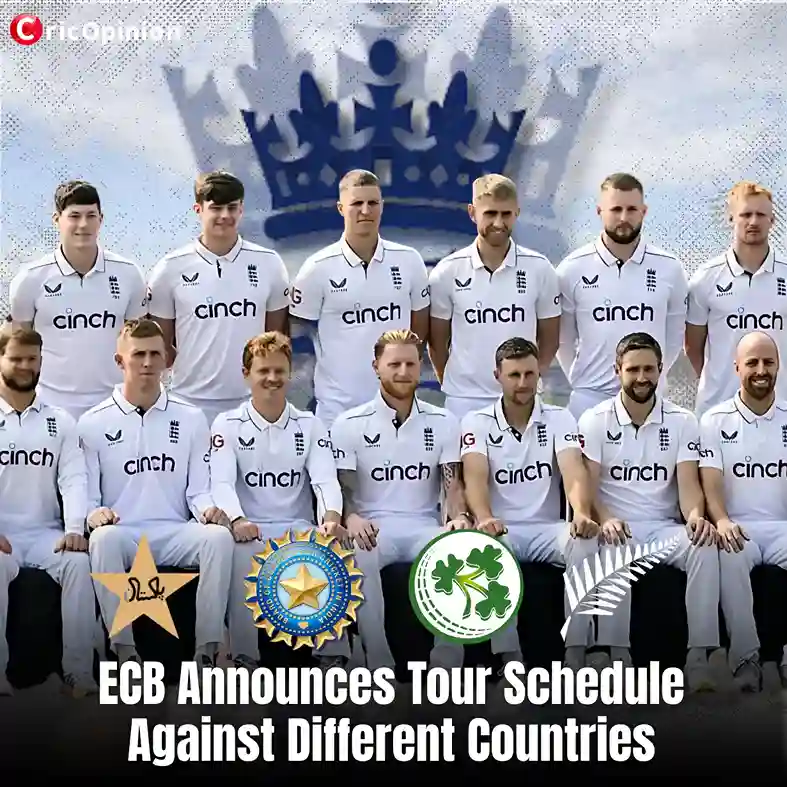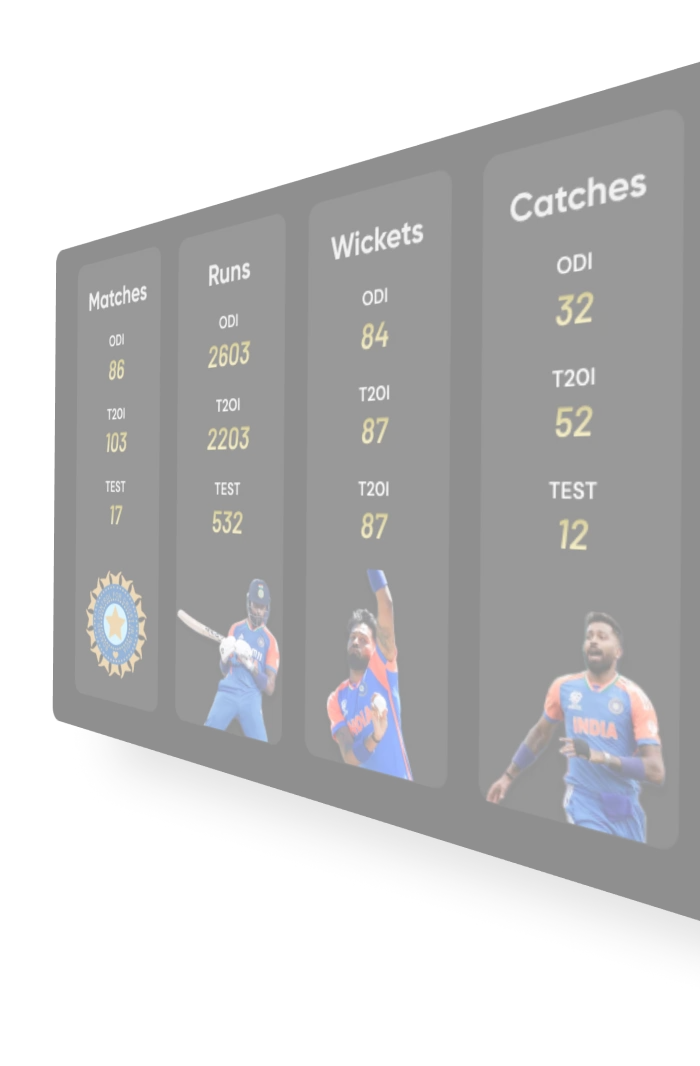
Table Of Contents
England is afraid that if their performance falls, they will go to The Second Tier System. This will hit their most profitable matches the most - especially the series against India and Australia. ECB chairman Richard Thompson himself has openly raised this concern. He has said that if England ever "goes out of form", they will not be able to play regular Test series against India or Australia. In such a situation, not only will the historic rivalry end, but their revenue will also suffer a huge loss.
While England's relegation may seem like a fantasy at the moment, if the performance of the recent World Test Championship is considered, this fear does not seem completely unfounded.
England were doing well in the first WTC cycle of 2019–21. They had earned the most points, but the rules were changed to make percentage points the basis, due to which they slipped to fourth place and could not reach the final.
England again finished fourth in the 2021–23 cycle. This time, too, they played the most matches, but the percentage points were only 46.97. They remained behind Australia, India, and South Africa.
In the recent cycle of 2023–25, their performance declined further. Now they slipped to number five, and the percentage points dropped to 43.18. This happened when their aggressive 'Bazzball' cricket was going on. Looking at these figures, the fear of the ECB seems quite real.
ECB is not opposing this system only in the name of tradition. Their main fear is that if they reach the second level, they will not be able to play the annual Test series with India and Australia, and these two teams are their biggest commercial pillars. Their matches generate crores of profits in ticket sales, broadcast rights, and advertising. If those matches stop, then the financial backbone of English cricket can break.
For the ECB, Test cricket is not just a format, but it is the soul of cricket. Richard Thompson believes that the WTC has given new life to Test cricket, but if it needs change, then it should be improved, not experimented with. He gave the example of South Africa's victory to say how there are opportunities in the current format for underdog teams.
He also recalled Graeme Smith's emotional reaction, which was made public after South Africa's victory. According to him, such moments keep the game alive, and they can be threatened by a two-tier system.


ECB Confirms 2026 Home Series Schedule Against Sri Lanka and Pakistan

Two-tier Division in Test Cricket? Jay Shah Leading the Charge
Another important issue is the pressure of the international calendar. Thompson has said that the players are already tired of the abundance of T20 leagues and events like the 2028 Los Angeles Olympics. If England's top players leave the domestic season midway for the Olympics, then the Test series will be badly affected.
His question was Why does the ICC want to add new stress to the Test format at such a time? Thompson believes that now is the time to make decisions with "common sense", where the balance of the game, players, and fans is maintained.
In this debate, Cricket Australia's thinking seems a little balanced. Their CEO, Todd Greenberg, believes that India, England, and Australia should help smaller countries so that they can become strong in Tests. According to him, it is difficult to bring countries like the West Indies, New Zealand, and South Africa to the same level without cooperation.
Greenberg said that changes should be made only when they can really improve Test cricket globally. If the two-tier system does not make this possible, then it would not be right to support it.
The ICC is trying to make Test cricket more competitive and attractive. The two-tier system has been discussed since 2009, but no concrete result has ever been agreed upon. This time too, the matter is stuck between opposition and support.
The ICC has formed a working group headed by Roger Twose, which will submit its report on the WTC in the coming months. However, England's clear stand can become a big hurdle in this process. They do not want to accept a system in any case in which their Test calendar and financial stability are at stake.
This entire controversy also points towards the fact that the priorities of the powerful boards and the expectations of the weaker boards in Test cricket are clashing with each other. Small countries want to get an equal opportunity and a platform to play with big boards, but big boards fear that doing so will affect their rivalry, broadcasting deals, and the interests of the audience.
The problem is clear - Test cricket has to be kept alive, but with everyone's support. England wants the current WTC format to be improved, but no such system should be introduced that breaks the traditional rivalry of the teams or reduces the interest of the audience. At the same time, the ICC must rethink funding and match programming to bring smaller nations to the forefront.
England's opposition is not just against a change; it's a warning that any reform that ignores economic, traditional, and fan sentiment could further fragment Test cricket. The idea of a two-tier system may be exciting for some countries, but it could be an existential threat for the major cricket boards. England have made their fears clear, and it's not just their fear, it's probably Test cricket's fear too.






More Links